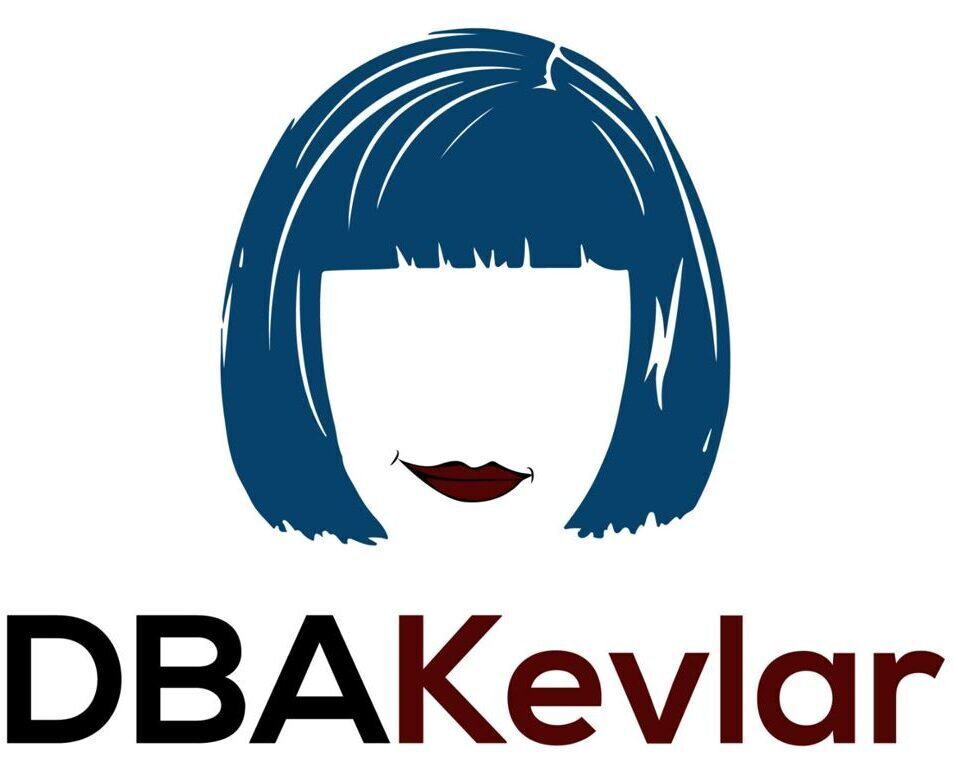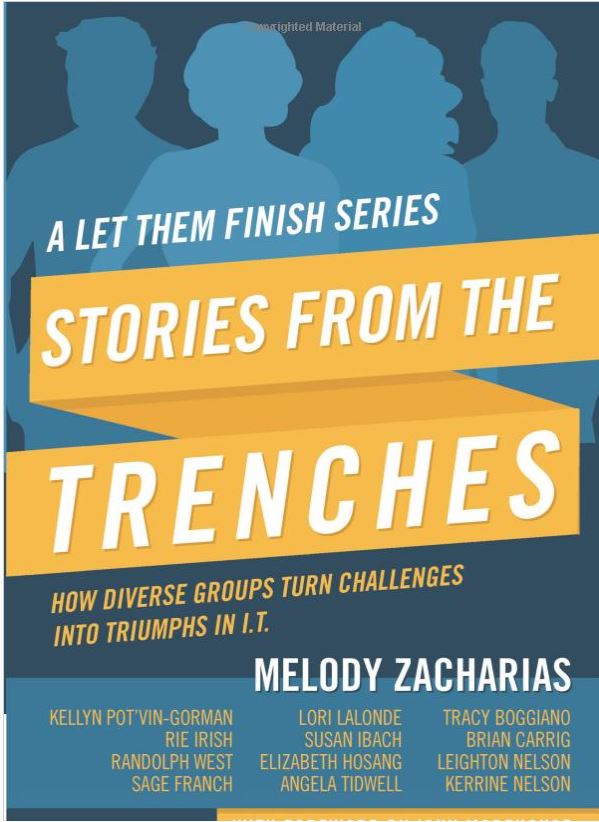There were two trends in topics that repeatedly came up at RMOUG around women in attendance that I felt deserved a deeper investment of time. As I spend a significant amount of time in a more progressive atmosphere, I find I’m even more aware of them than previously. I hope that my words of support and any advice I offered was helpful to those who sought me out this week.

“Be Happy With What You Have” or “You’re Never Satisfied” Trend
Numerous conversations touched on the common thread around discomfort with women’s ambition. I honestly believe that most individuals aren’t even aware of the discomfort, but depending on the level, their response is believed to be supportive even though they’re squashing their ambition to openly hostile. Its astounding how often we push the idea that women should be happy with what we’ve achieved, not with what others have achieved or with what our ambition hopes we’ll achieve.
This comment, in all its myriad forms, strikes me odd:
- Its often offered to us with no ill-intent, but rather sympathy in hopes to cheer us up, resulting in more damage in the long run.
- I’ve never once, heard this type of response used with my male peers.
One woman talked about how she was told that she should be happy with how much she’d accomplished and not waste time on the ‘what ifs’. What caused me to stop to request details about the situation, quickly we were able to recognize that the what ifs were actually goals she wanted to achieve, having set timelines and milestones for. As the discussion progressed, this incredibly skilled women realized that most of the goals had been set in her yearly review, but as she took them on, her manager undermined her objectives, second-guessed her every move and often micro-managed her.
I asked her to replay the experience, but to replace her in the situation with a male peer. She was incredibly surprised how different she felt about the interaction by simply removing her from the scenario and experiencing the situation with someone that wouldn’t be subject to the subtle layers of bias.
A second woman was telling me how frustrated she was, after she had been turned down for a management position. Her manager told her that with the personal demands on her, she should be relieved that they had awarded the promotion to her male peer, but she was anything but satisfied with it. I asked her some questions about the situation and we quickly surmised that she was more senior, had more experience and had been paramount to a larger percentage of high profile projects.
My friend quickly realized why she was frustrated. She knew in her gut that she was the better qualified candidate and had been left out on an earned promotion. That her manager, hoping to soothe her, bypassed this obvious lack of consideration and instead told her she must be relieved, which was simply salt in the wound.
The one thing that comes out of these examples is bias is very inconspicuous. Its rarely, if ever, direct and its so ingrained in society, we may miss it until we have an honest discussion about it.
Women are going to have ambitions in their career, same as their male peers and I only see this desire to succeed increasing with upcoming generations. Old biases need to be pointed out, with a continued focus on education over persecution, to change what is happening around us in our everyday life that impacts the rise of our female peers in the workplace.
Telling Women to “Think Globally and Do More”
This was another conversation where the person suggesting this had no ill intentions. He simply mentioned the challenges for women’s rights in the world and that we women should be stepping up to help change the world. The problem is, most women are already overwhelmed by demands and challenges that impact our ability to empower ourselves and those around us everyday. To ask women to do more at a global level, in all honesty, isn’t helpful. I remember trying to make a global difference for just my technical arena and it often left me frustrated and deflated. I discovered if I focused on making a difference in just one person’s life at a time, then asked them to pay it forward, the ripples this made on a larger scale created more success.
It left me less responsible for the larger scope, only needing to worry about my responsibilities to the individuals I was mentoring and sponsoring, while the reach became more sustainable by leveraging a larger group of individuals than just me as an army of one.
Stop asking women to change the world. Let women, (and men) lift as we rise and in turn, make a sustainable, global change through smaller initiatives. For those that simply mention the challenges that other women face to dismiss a woman’s challenges in the here and now- just STOP. It’s a version of gaslighting that I have a personal pet peeve about. One woman’s challenges and setbacks are not made lesser by the crimes inflicted on another.
Peace out.

